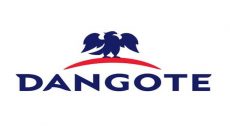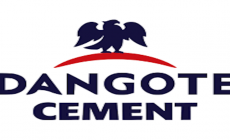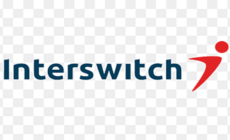The Management of NASCON Allied Industries (formerly National Salt Company), a member of the Dangote Group over the weekend released its financials for the year ended December 31, 2018 with a revenue of N25.8 billion and a profit after tax of N4.4 billion. The shareholders will however be paid a dividend payout of 100 kobo per share for every 50kobo share held.
Analysts have attributed the decline in revenue and profitability to the company’s idling vegetable oil and tomato plants for straight two years.
It has however been projected that the shareholders will gain a bumper harvest in the preceding year as latest reports say the company’s Kano-based tomato paste plant has resumed operations. It would be recalled that Tomato paste has been idle for over two years owing to a supply disruption partly caused by a price dispute with farmers
The 1,200 metric tons per day factory, meant to meet domestic demand, reportedly restarted production last week processing about 100 tons a day.
Abdulkareem Kaita, managing director of Dangote Farms Ltd said the major challenge was the scarcity of tomato, because “the local tomato growers could not meet our production demand, we also could not agree with the farmers on the price of tomato per basket.”
Under a new deal with the farmers, the factory will buy tomatoes at prices pegged to what local markets are selling.
Dangote is also developing its own farms with a special tomato strain that could yield 60 tons per hectare, compared with the yield of 10 tons per hectare being recorded by the local farmers, Kaita said. The company plans to distribute the seedlings to growers to boost their output.
A further breakdown showed that sale of salt remained its biggest business, contributing N20.761bn, down from N22.247bn in 2017, out of which N12.565bn was incurred in cost of sales, as against N11.62bn in prior year, leaving segment profit of N8.195bn from N10.627bn. It was followed by freight income of N4.084bn, compared to the previous N3.858bn, incurring N4.442bn costs in the process, resulting in a loss of N500.245m, down from N583.36m a year earlier. The seasoning segment was however better than freight business, contributing N924.167m income, N839.022m cost that left segment profit at N85.145m; which was a far cry from the profit of N125.732m recorded in 2017 from a lower revenue of N765.295m and N639.564m sales cost. The vegetable oil segment did not contribute to the top and bottom-line in 2018, unlike in 2017, when it contributed N192.904m, but incurred N335.623m as cost, resulting in a N142.719m loss. Tomato paste did not however report any revenue for the year, and yet there was N32.84m in cost and segment loss.
The lion’s share of cost of sales for the year was the N10.66bn for raw materials consumed, up from N10.148bn.
Investment income rose to N468.379m from N354.745m, out of which fixed deposit rose to N381.835m from N309.776m, while treasury bills yielded N86.11m, a significant rise from N44.298m in 2017.
Other income rose 159.07% up from N11.3m in the preceding year to N29.27m, boosted by the N20.672m from insurance claim, which climbed from N10.004m; while sale of scrap soared from N1.292m to N8.593m. Other operating gains stood at N841.85m, from a loss of N1.87m in 2017, which was driven by the N992.058m net foreign exchange gains which did not occurred in the prior year, the impact of which was blighted by the N150.213m losses on disposals, scrapping and settlements property, plant and equipment, up from N1.868m.
























